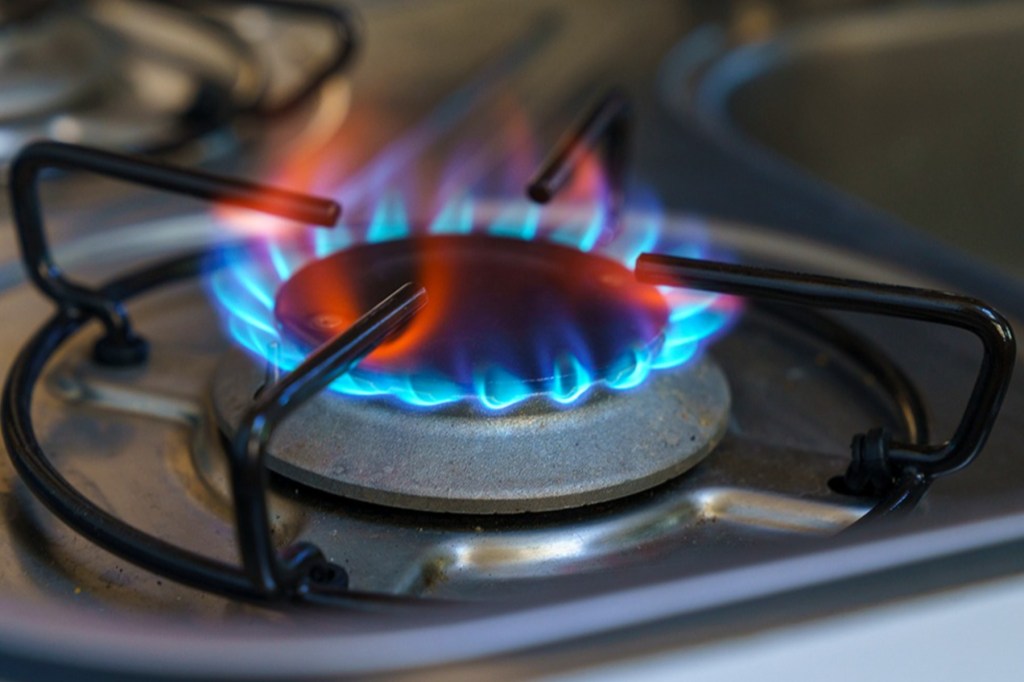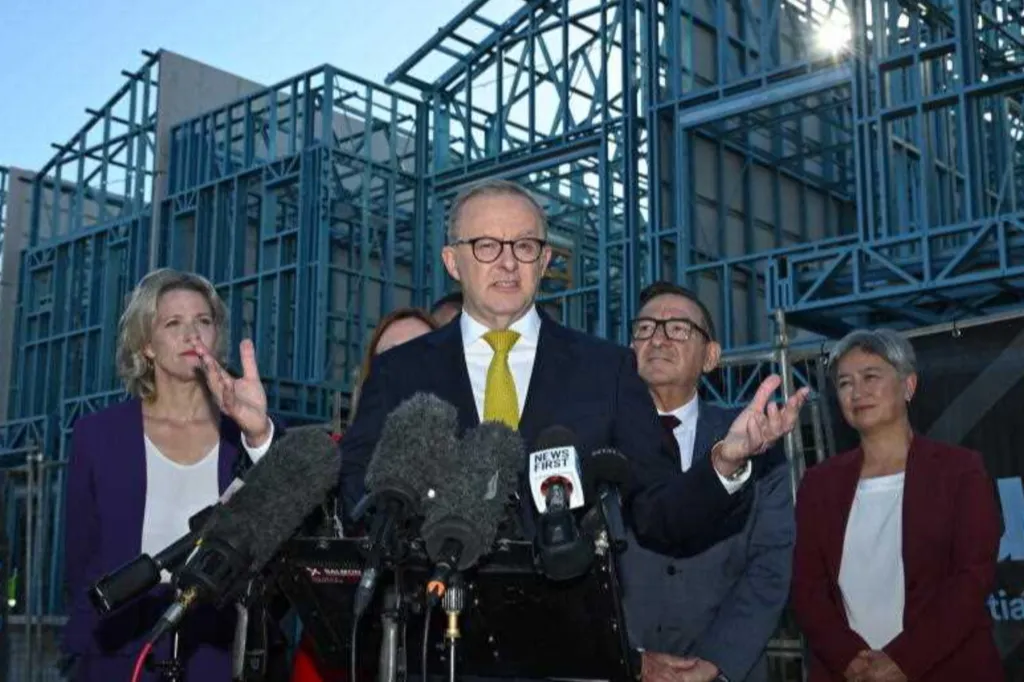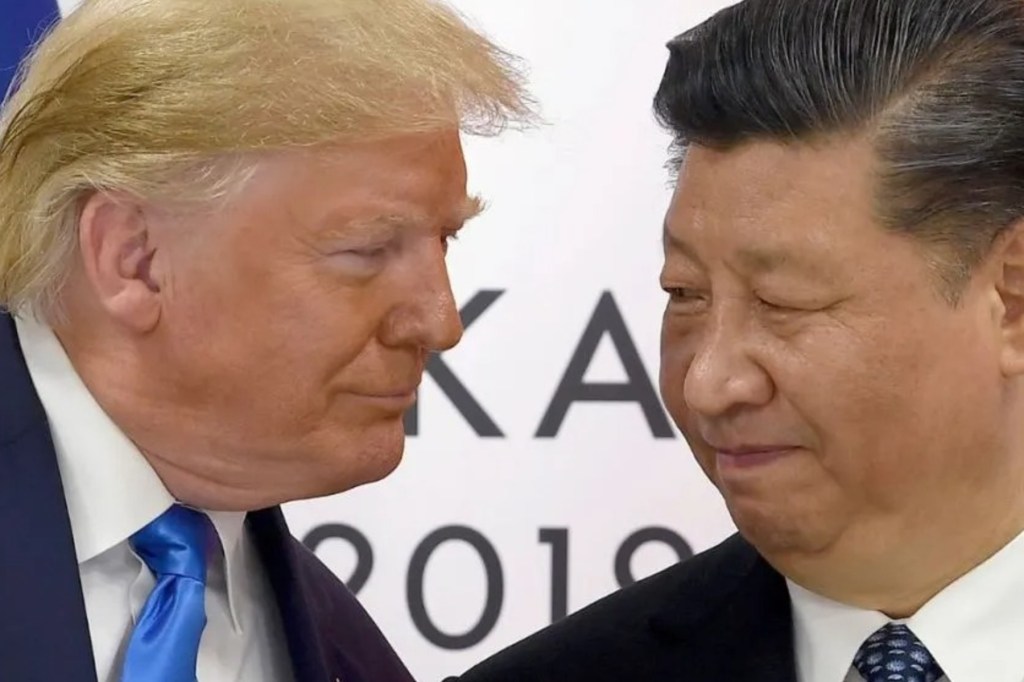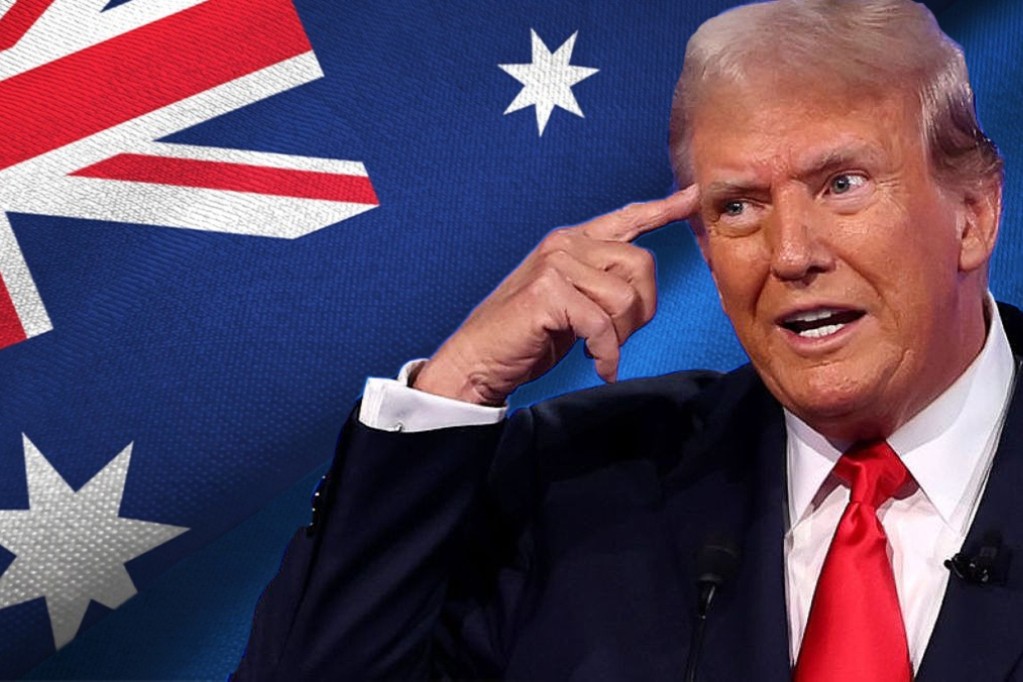Despite the polls, this is why the upcoming election has plenty scope for surprises
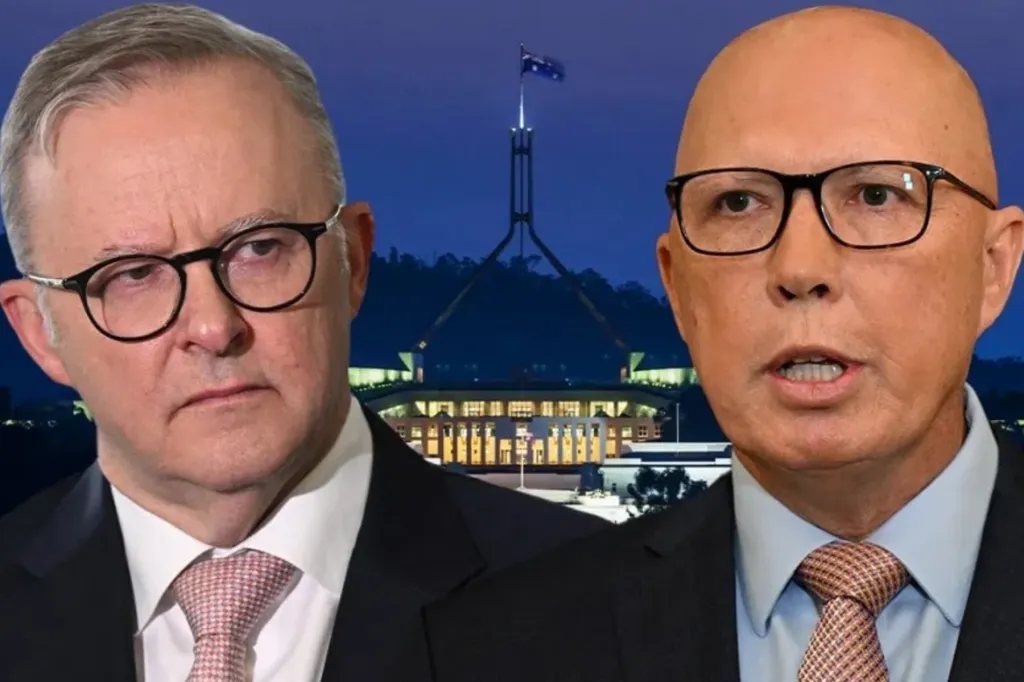
There is a marked immaturity in the reporting of opinion polls and other political developments in Australia at the moment. I see problems in two main categories.
First is the seemingly endless pursuit of uniquely Australian explanations for what are obviously global trends.
The second is the tendency to ignore the historical reality that polls three months out from an election can be important signposts, but do not justify attempts to forecast likely election outcomes with any specificity.
With regard to the first category, writers of both the right and left have tended to impose their own policy preferences as explanations for the decline in support for the ALP at the federal level.
Sky News and other Murdoch outlets have suggested the change is part of a global move to the right in the electorate. This is not totally without foundation, inflation and unplanned immigration tend to play into the political interests of right-wing parties.
However, it ignores the large change in the United Kingdom towards the centre-left and in France to the NFP, the French left-wing alliance at the expense of the centre parties.
Writers on the left tend to preach that if only the government took a stronger stand on their particular issue of choice (climate change/ immigration /foreign and defence policy/ taxation) the party would be doing better.
You might like
The reality is, as reflected in research by the Financial Times, every incumbent government lost support in the developed world in 2024.
This trend was also evident in African elections where South Africa’s African National Congress and the ruling parties in Botswana and Namibia lost considerable ground, and also in India where the ruling BJP was returned with a significantly reduced majority.
Not all the ruling parties lost, but they all suffered a swing against them.
So, why is it surprising that there has been a drift in support for the Labor government in 2024?
It is possible to argue that the remarkable thing is that the government is still within striking distance of retaining office.
Perhaps it would be more useful to look for uniquely Australian explanations for that! I suspect it has more to do with the weakness of the opposition than the strength of the government.
In the second category, we see reports such as “hung parliament likely” based on the most recent polling from particular outlets.
A hung parliament is definitely one of the possible outcomes. But to use any poll at this relatively early stage as a predictor of a “likely” outcome is naïve, to say the least.
Stay informed, daily
There are ample precedents in recent Australian political history to suggest any of the possible outcomes may eventuate by the time the campaign is finished.
Many people may not recall the 1987 election, but I remember the decision to call the election despite polling saying the ALP was trailing, in the confident belief that we could make up the ground in the campaign.
I distinctly remember similar initiatives at a state government level.
At the federal level, historical Newspoll data shows that in 1993, 2001, 2004, 2013, 2019 and even 2022, the government of the day improved its position relative to the polls over the last three months leading up to the election.
The situation in 2025 is more complex. The recent falls in support for the major parties, and the loss of “safe” seats to Independents and Greens has made prediction more challenging.
I can see the possibility of Coalition seats going to the teals and teal seats reverting to the Coalition.
It is also easy to see the Labor Party challenging in independent and Green seats and vice versa. As with every election, there is also the probability of seats changing hands between Labor and the Coalition, possibly in both directions.
This makes prediction difficult.
One thing that can be said with certainty is that the best polling in the world cannot make definitive predictions three months out.
It is all still to play for.
Bob McMullan was a senator and member of parliament from 1988 to 2010 and a cabinet minister in the Keating government. He is a visiting fellow at the Australian Studies Institute at ANU.
This article first appeared in Pearls and Irritations. Read the original here.
